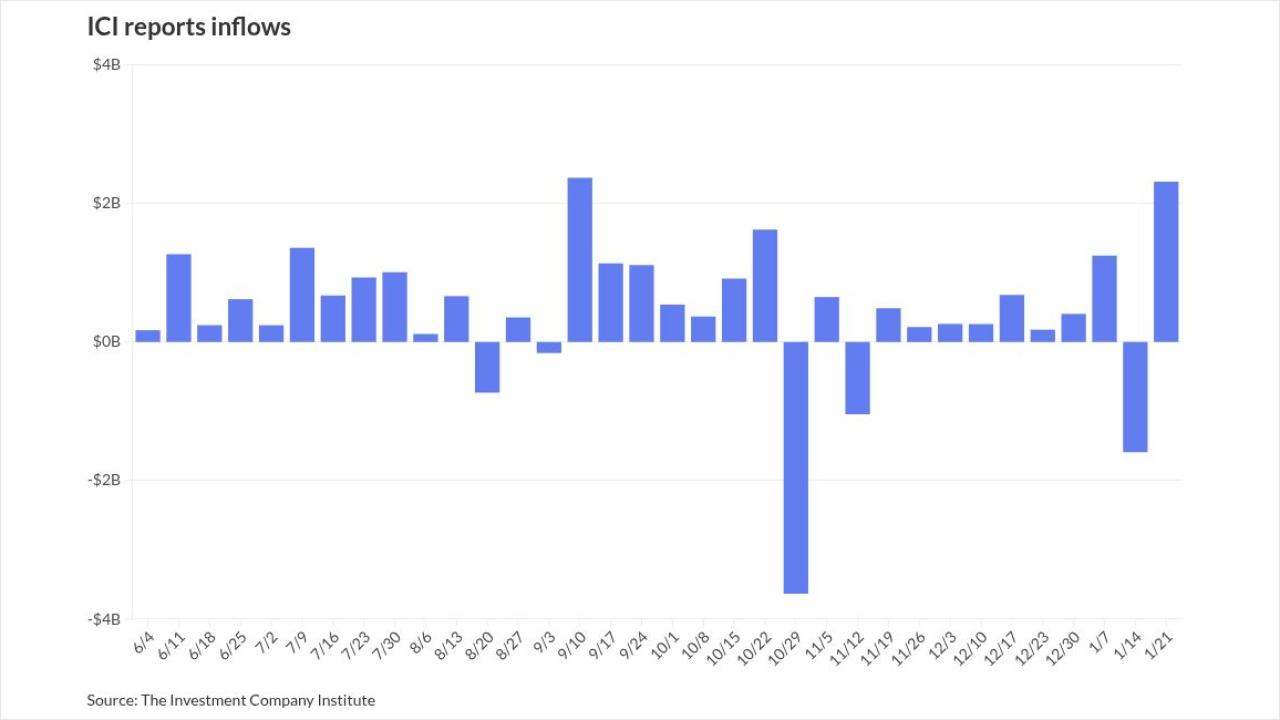Appeals court judges this week heard arguments over the scope of liens on Puerto Rico Electric Power Authority revenues in a case widely seen as potentially having major implications for how municipal revenue bonds are treated in debt adjustment proceedings, such as Chapter 9, in the future.
The United States Appeals Court for the First Circuit is considering how to treat PREPA's current and future revenues in the authority's debt restructuring. Bondholders and bond insurers argue they have a claim to PREPA's current and future revenues, which they argue should extend indefinitely including beyond the debt restructuring, while the Oversight Board says they only have a claim on money that sits in PREPA's reserve fund.
More widely, observers say the PREPA trust agreement is similar to those for municipal revenue bonds across the country and if the court rules for the board, bondholders' legal claim after a bankruptcy could be a fraction of a percent of the principal, as the current proposed plan of adjustment offers to a wide swath of PREPA bondholders.
PREPA bond parties argue their trust agreement clearly gives them a lien on incoming revenues and supports their claim for the $8.2 billion pre-bankruptcy principal
"The arguments hinge on the question of whether the PREPA trust indenture is similar to, or different from, other non-Puerto Rico revenue bond indentures," Municipal Market Analytics Partner Matt Fabian said. "If the board can abbreviate bondholders' claim on future revenues with PREPA, can borrowers elsewhere do the same?"
The bondholders' problem is the PREPA indenture is 50 years old and "is notably light on modern security terminology," Fabian said. "The board's problem is it's unclear if just a change in terminology is enough to survive the acid test of a modern extremely adversarial bankruptcy."
CreditSights' head of Municipal Strategy Pat Luby and head of Special Situations Legal Research Mark Lightner said predicting the case's outcome would be difficult "given the sheer number of legal issues involved." However, the district court (lower court) decision appears to be "novel and

It is possible the appeals court may consider the case to be "limited to the unique facts of PREPA," Luby and Lightner said. However, they said they were "somewhat confident" the First Circuit will rule revenue liens at least sometimes or in some ways survive the confirmation of a plan of adjustment. "Yet the judges seemed to indicate they were unlikely to accept the lien could pass through a confirmation completely unimpaired," they said.
The lien appeal "is likely the most important litigation for the municipal market in over 50 years," Puerto Rico Clearinghouse Principal Cate Long said after the hearing. "Circuit Judge William Kayatta, who led the questioning from the bench ... focused on the central question of whether a revenue pledge or lien is extinguished by a confirmation of a plan of adjustment. Congress made clear in 1988 that the pledge or lien remains intact after confirmation and revenue bondholders are due the amount of their claim (Section 928 of the bankruptcy code)."
Long said she thought attorneys for bondholders and bond insurers "appeared to convince the three judges that this is what Congress intended."
She pointed out that all previous Chapter 9 bankruptcies, including Jefferson County and Detroit, "have left revenue bonds unimpaired and creditor attorneys made clear a contrary interpretation would have huge implications for the municipal market."
Notably, Long said, Circuit Judge Jeffrey Howard, who sat on the panel, is a former attorney general of New Hampshire and the
At Monday's First Circuit hearing, Kayatta repeatedly asked questions about the ramifications of the bond parties' argument that their lien on revenues could extend indefinitely, including beyond a debt restructuring execution.
Judge Julie Rikelman asked Puerto Rico Fiscal Agency and Financial Advisory Authority Attorney Peter Friedman if he knew of any examples of bankruptcy cases where the creditors' "claim" was limited to less than the total face value of what had been promised to them before the bankruptcy.
PREPA Ad Hoc Group Attorney G. Eric Brunstad, Jr. said PREPA's trust agreement was a "vanilla agreement" like hundreds of others, and as such, he said, it doesn't make sense for the court to make a "one-off" interpretation of it.
If the bond parties retained the lien indefinitely, Kayatta said, restructuring would depend on their consent, a point Brunstad rebutted. If a judge found an offer "fair and equitable," he or she could confirm it over the bond parties' dissent, Brunstad said. The deal just has to pay the "value of the property."
Therefore, he said, the fight should focus on the "value of the collateral" on the bankruptcy confirmation date, Brunstad said.
Brunstad took issue with board Attorney Martin Bienenstock's statement bondholders legally could not have lien on something that doesn't yet exist, namely future revenues. Brunstad said if Bienenstock's argument was correct, it would "totally destroy" the fields of secured financing for inventory, after-acquired revenues, and others.
GoldenTree Asset Management Attorney Glen Kurtz said bond parties held two liens: one on the stream of revenue from PREPA's customers and the other on money the authority deposits in the sinking fund.
"If I was an electric revenue bond issuer, I'd want PREPA to lose," said Muni Credit News Publisher Joseph Krist. "The implications for other utility bond issuers are negative. If a revenue pledge as a basic covenant doesn't work, what does?"





